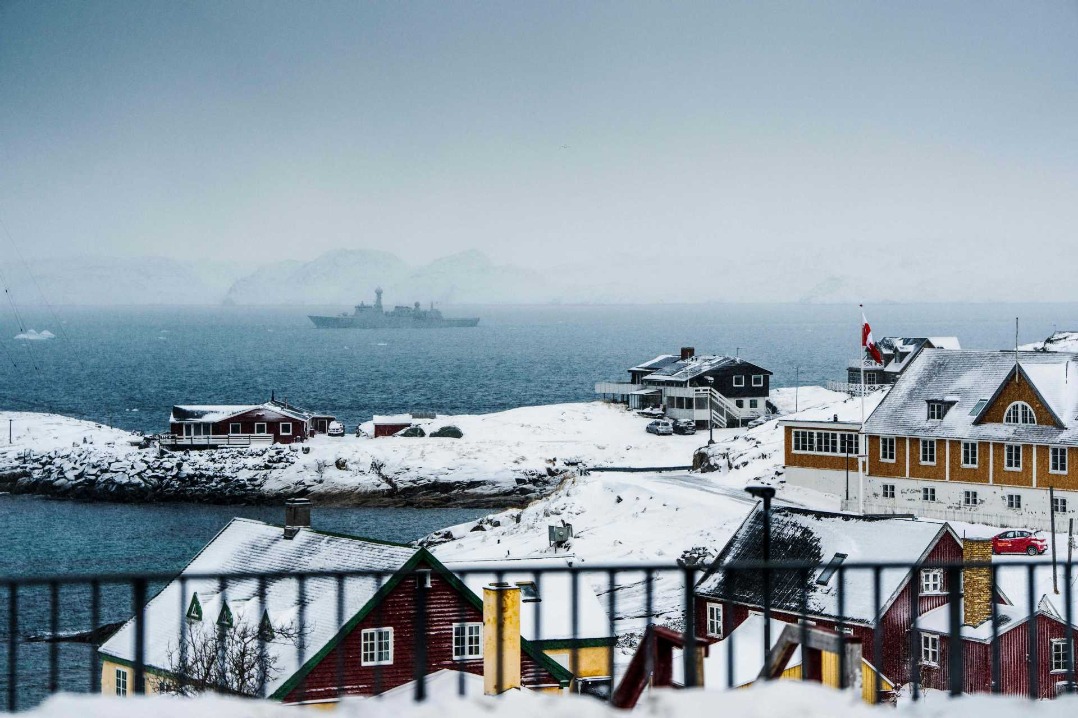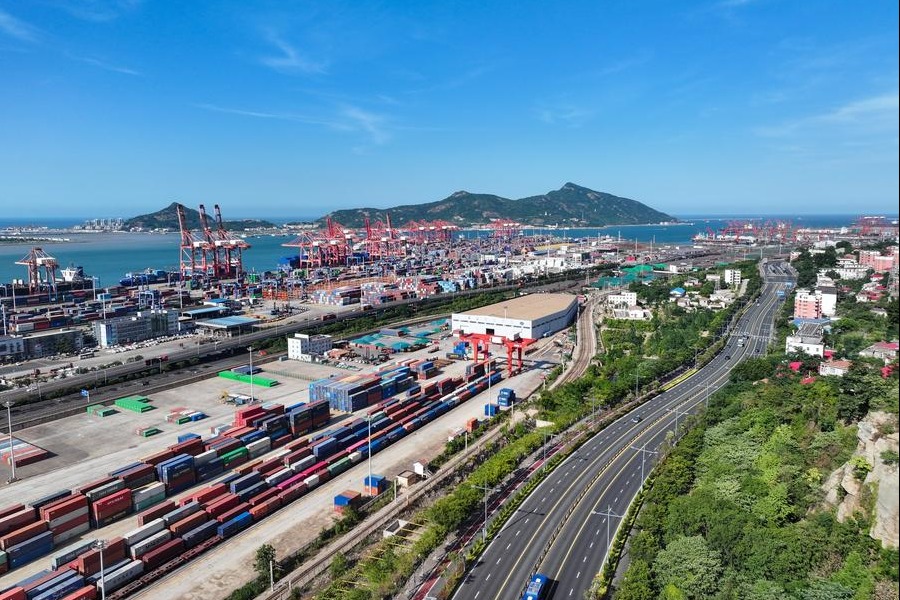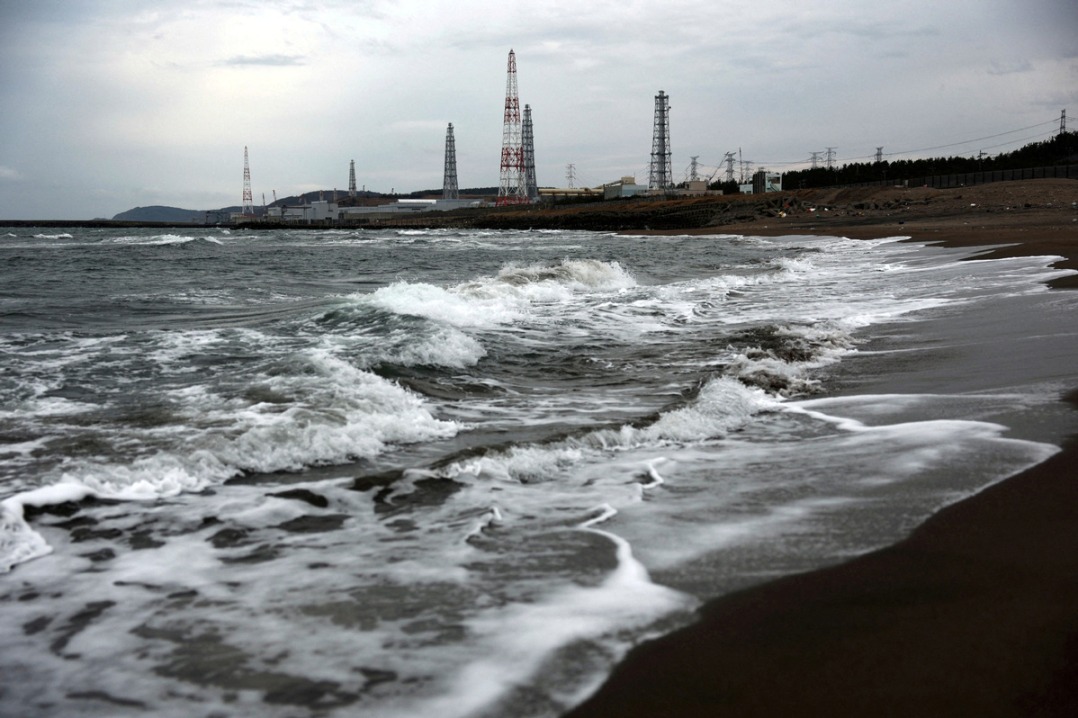Telecom cable beneath the Baltic Sea found damaged

A Baltic Sea telecom cable connecting Sweden and Estonia has been damaged, possibly at the same time as a previously reported incident with a gas pipeline and phone cable earlier this month.
Speaking during a news briefing on Tuesday, Sweden's Civil Defense Minister Carl-Oskar Bohlin, said the cable may have been damaged when the subsea gas pipeline Baltic Connector was damaged on Oct 8.
Bohlin said the telecom cable was still operational, and noted the damage was sustained outside the territorial waters and exclusive economic zone of Sweden.
"We can't say at the moment what caused this damage," he said. "But what we can say is that this damage has happened at a similar time and in physical proximity ... to the damage that was previously reported to a gas pipeline between Estonia and Finland and a telecommunications cable between Estonia and Finland."
Network provider Arelion confirmed to the Reuters news agency that one of its subsea fiber cables had suffered "partial damage".
"We currently do not know what caused the damage. The cable will be repaired over the next few weeks depending on the weather," an Arelion spokesperson said.
The Baltic Connector subsea gas pipeline and a telecommunications cable connecting Finland and Estonia were reported as having "external marks" on Oct 8 after being found beside the damaged pipeline. The authorities are studying vessel traffic in the region at the time.
Nations around the Baltic Sea have maintained an increased alertness toward potential undersea infrastructure sabotage, after a series of explosions rendered the Nord Stream 2 undersea pipeline non-operational last September.
Sweden's Prime Minister Ulf Kristersson warned last week of infrastructure weaknesses with "a spaghetti of cables, wires, infrastructure on the seabed".
He said: "It is absolutely fundamental for data traffic, so the vulnerabilities today are much, much greater."
The Guardian newspaper cited Sweden's Defense Minister Pal Jonson as saying the country's security situation had worsened and that it was not known what caused the latest incident.
"We can't rule anything out," he said.
Ewa Skoog Haslum, the chief of Sweden's navy, said: "It is a very intensive situation we have out at sea. There is a lot of movement on the surface and all that happens under the surface is deniable."
An official with the NATO military alliance confirmed to Reuters that it is closely monitoring the situation and maintaining contact with both Estonia, a NATO member, and Sweden, which is awaiting ratification to join the coalition.
Sweden and Finland both applied to join NATO last year, soon after the outbreak of the Russia-Ukraine conflict, and Finland's accession was approved in April. Opposition from Hungary and Turkey has delayed Sweden's bid.
































